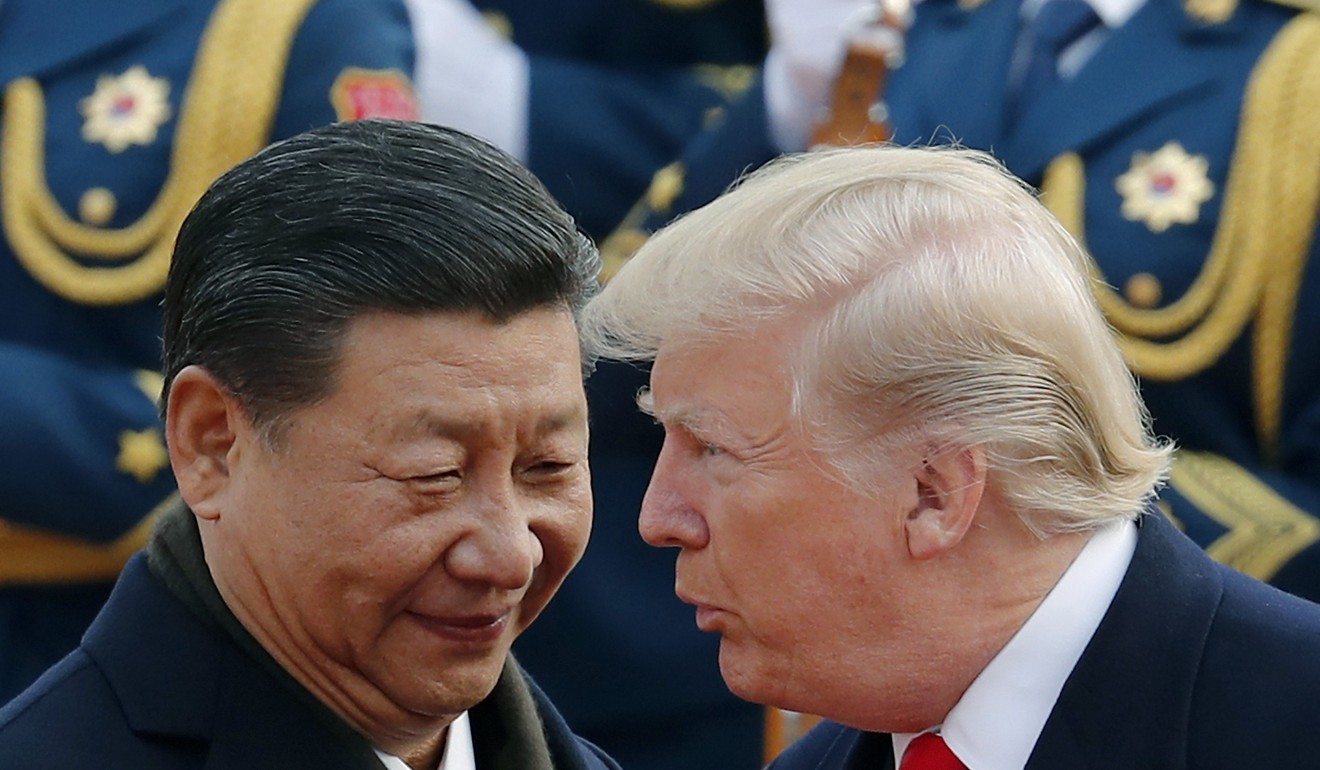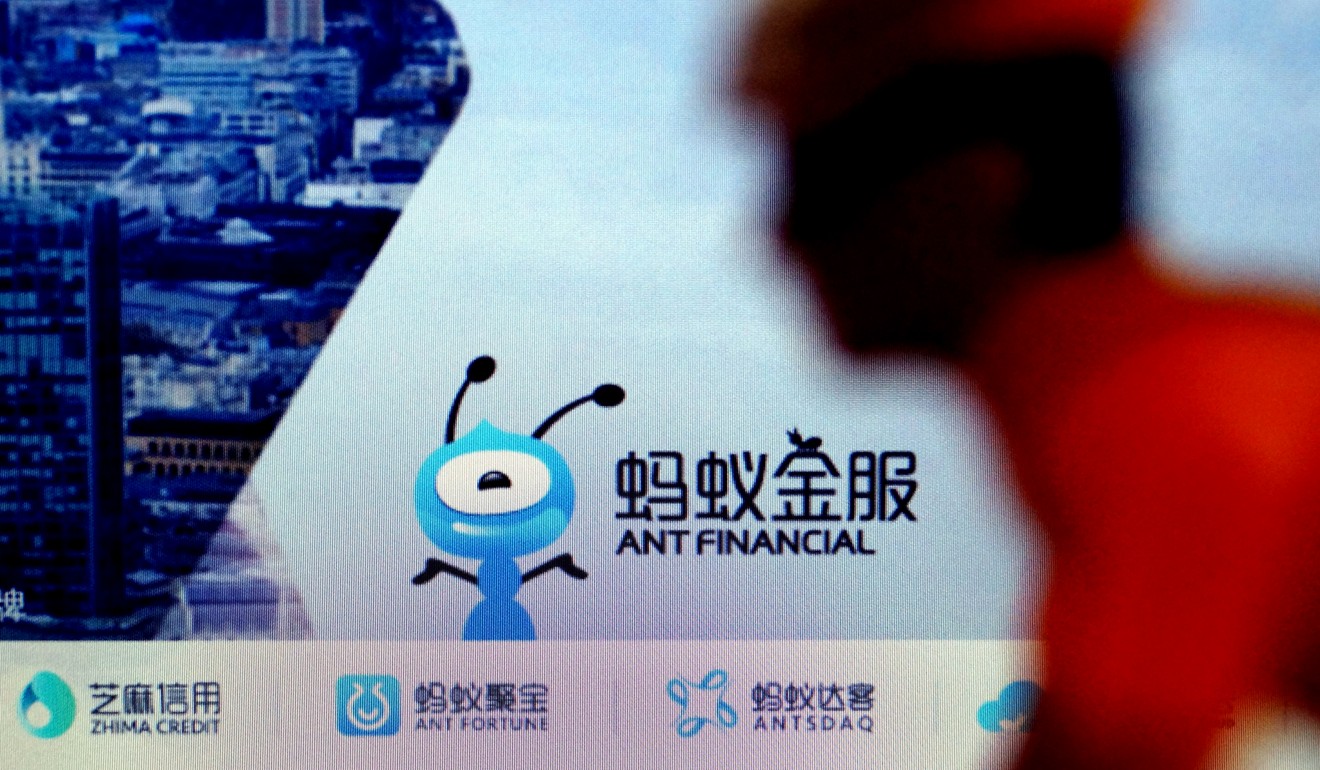
Global recession a real possibility if US-China trade war intensifies, says Janus Henderson Investors
- Janus Henderson sees trade tensions rumbling on beyond G20 meeting
A further escalation of the trade war between the United States and China could drag the world economy into a recession, according to Janus Henderson Investors.
This is a potential for a “near-term, very painful escalation” of the trade tensions, which could weigh on the tech sector and slow global growth, said Richard Clode, a portfolio manager on the global technology team at Janus Henderson.
“I’m worried about the trade war,” Clode said at a media round table on disruption and sustainable investing in Hong Kong. “Rising protectionism, 25 per cent tariffs on Chinese goods is going to have huge implications for the global economy and could ultimately bring us into a recession.”
Trump’s tariff policy on Chinese imports could backfire, cause global market meltdown, analysts warn
The world’s two largest economies have been engaged in a tit-for-tat battle over trade, sparked by US concerns over China’s industrial policies, including the forced sharing of technology.
The US has placed tariffs on US$250 billion of Chinese goods this year. On Monday, US President Donald Trump told The Wall Street Journal that it was “highly unlikely” that he would hold off on boosting tariffs to 25 per cent on US$200 billion of Chinese goods that are set to go into effect on January 1.

Market watchers have been hoping that a deal – or at least an easing of trade tensions – could be reached when Trump meets Chinese President Xi Jinping at the G20 summit in Buenos Aires this week.
But Clode said that the tensions are likely to “rumble on” past the G20 meeting and affect China’s tech sector.
Last week, the US Commerce Department announced plans to develop new export controls for “emerging and foundational technology” that could be crucial to national security, including artificial intelligence, biotech and robotics.
“If you get a ban on companies being able to export vast swathes of leading edge technology to China, that would be quite a big impact on technology companies and also on China’s growth,” Clode said.
The heightened tensions come as technology disruption is accelerating worldwide and China’s rapid rise up the value chain in terms of technology development and manufacturing.
“Normally, you have this idea that the US is front and centre of all of these new technology trends, but increasingly it is in places like China and India,” Clode said.
He noted that hundreds of millions of people in China and India have never used a bank and their first use of financial services may be on a smartphone or an app, instead of a traditional bank.
“That creates a huge opportunity,” Clode said. “That’s why a company like Ant Financial is worth US$100 billion.”

Ant Financial, the operator of the payment platform Alipay, is an affiliate of Alibaba Group Holding, the owner of the South China Morning Post.
As China is seeking to bolster its domestic technology companies through its “Made in 2025” initiative, tensions have risen with the US, particularly when it comes to proprietary technology.
Chinese chip maker denies IP theft amid second ‘ZTE moment’
This year, the US accused Chinese state-backed memory chip maker Fujian Jinhua Integrated Circuit of stealing trade secrets and slapped it with export restrictions that prevent US suppliers from selling the company components.
Chinese telecoms company ZTE was nearly driven to the brink of collapse after it was banned from buying American technology earlier this year. The company was allowed to again purchase US components after it agreed to pay a US$1 billion fine and replace its board of directors and management.

